
The bumpy path of Switzerland’s UN membership
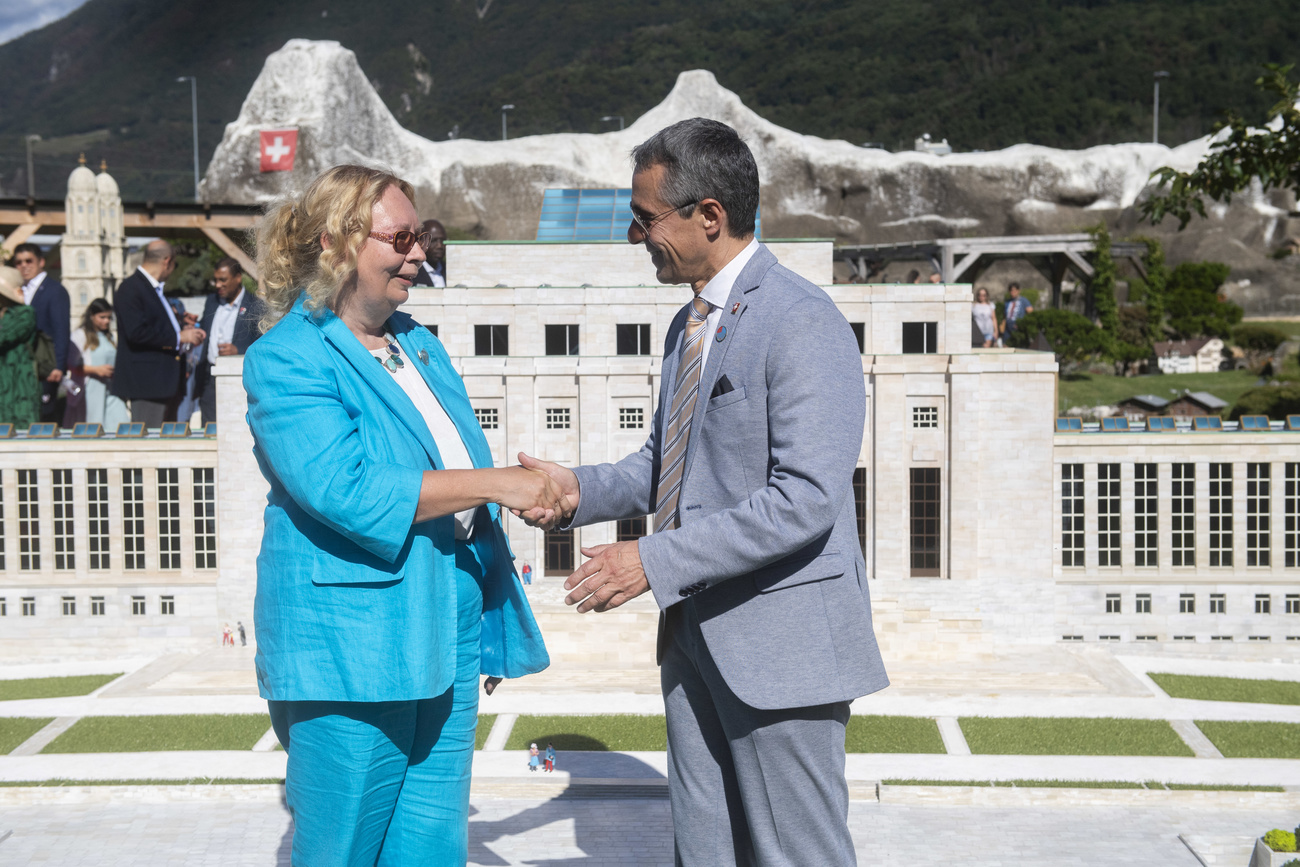
After decades of national debates, Switzerland joined the United Nations on September 10, 2002. As Switzerland celebrates 20 years as a UN member, it looks ahead to another milestone: joining the UN Security Council as a non-permanent member in 2023.
“The greatest task still lies ahead,” said Swiss President Ignazio Cassis on Saturday at a ceremony marking the 20th anniversary of the country’s UN accession. “We will dedicate our efforts towards the UN’s raison d’être, to save succeeding generations from the scourge of war.”
Cassis was referring to Switzerland’s non-permanent membership on the UN Security Council, which starts in January 2023 and lasts for two years.
Today marks the 20th anniversary of Switzerland's membership of the @UNExternal link To mark this important milestone, I had the honor to attend the inauguration of a small replica of the #PalaisDesNationsExternal link @swissminiaturExternal link together with @ignaziocassisExternal link & the #TicinoExternal link authorities pic.twitter.com/gKkL94pJzBExternal link
— Tatiana Valovaya, Director-General of UN Geneva (@UN_Valovaya) September 10, 2022External link
The ceremony was held in the southern canton of Ticino during the inauguration of a miniature model of the Palais des Nations to mark the anniversary.
Domestic debate
Joining the UN 20 years ago was not straightforward for Switzerland, one of the more recent members of the international organisation. Within Switzerland, those advocating against its membership argued it would compromise the country’s neutrality.
Those in favour of membership said it would give the country a voice on the international scene and that Switzerland could still remain neutral, a status it acquired in 1815, even as a UN member. Peace mediation and humanitarian assistance, two of Switzerland’s main contributions to the UN, they said, do not challenge its neutrality.
In 2002, the country finally joined after a much-heated debate and a national referendum, which passed with a majority of 54.6%. Twelve out of 23 cantons voted in favour of membership.
Entering the UN meant that Switzerland, with its population of just over 8 million, could influence major international decisions on global challenges such as climate change or health.
UN Security Council
Two decades later, its election last June as a non-permanent member of the Security Council was just as divisive inside Switzerland. One third of the House of Representatives in Switzerland did not support its candidacy. But those in favour argued that neutrality was applicable exclusively in cases of international armed conflict and that the Security Council would not affect this.
At the UN General Assembly vote on June 9, 187 states among 193 UN member states voted in favour of Switzerland becoming a non-permanent member of the Security Council for 2023-2024. No country opposed the vote.
Prior to the vote, Swiss President Ignazio Cassis explained that Switzerland’s priorities for the next two years would be “sustainable peace, climate change, security and the protection of civilians”.
Switzerland will also campaign for the theme of climate security to be more firmly anchored in the Security Council’s decision-making process.
Switzerland invested CHF24.5 million ($25 million) to support its candidacy and its seat on the UN Security Council. In 2021, Switzerland paid CHF101.67 million francs to the UN regular budget. Switzerland is the 18th largest contributor.
Edited by Virginie Mangin/jdp

In compliance with the JTI standards
More: SWI swissinfo.ch certified by the Journalism Trust Initiative






























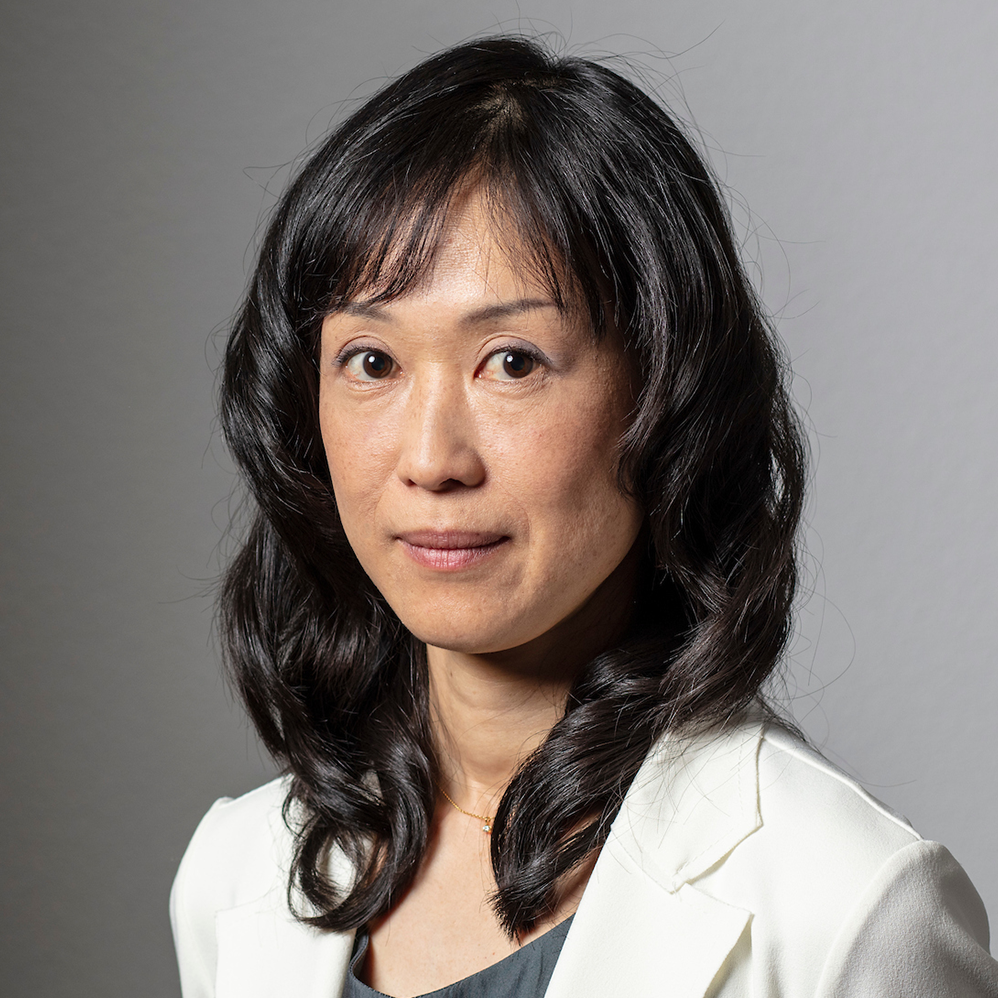






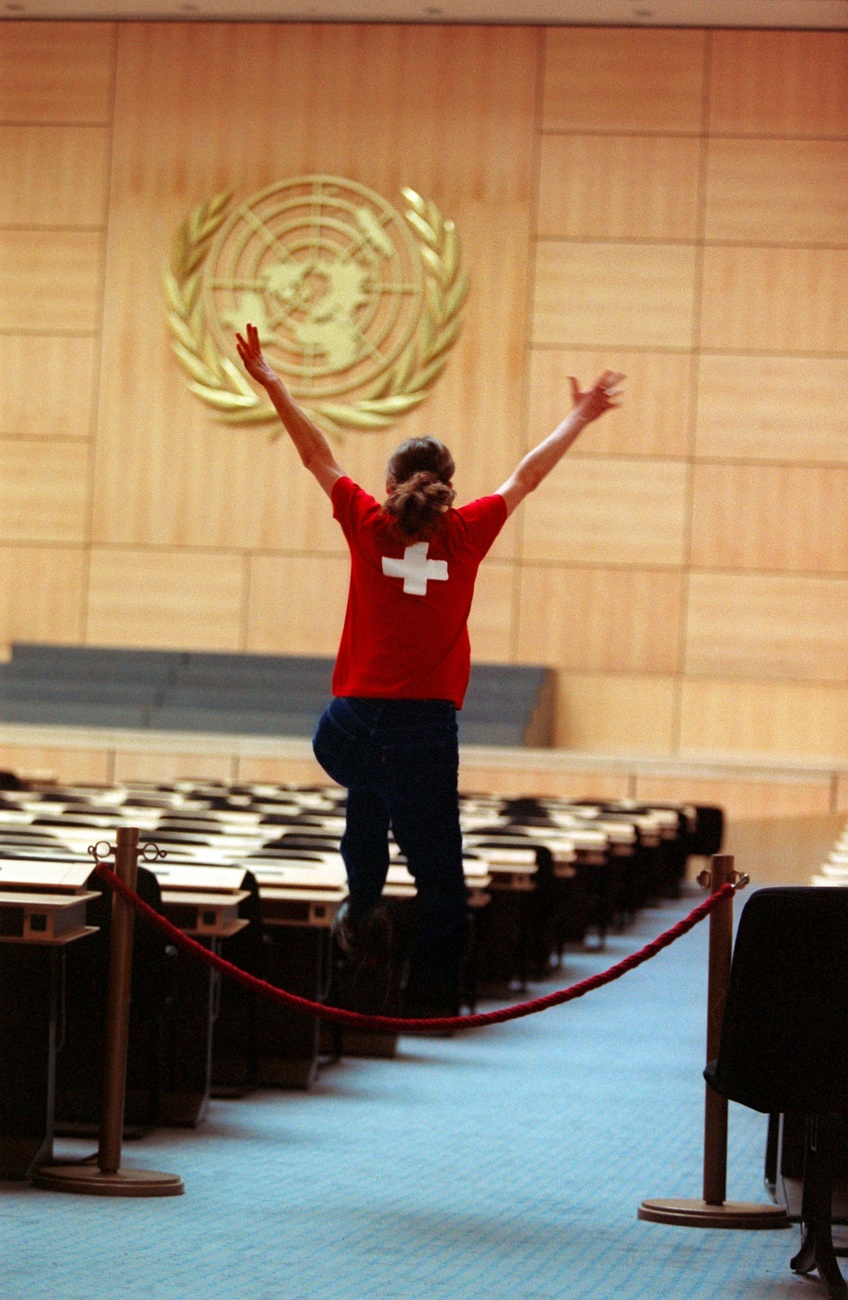
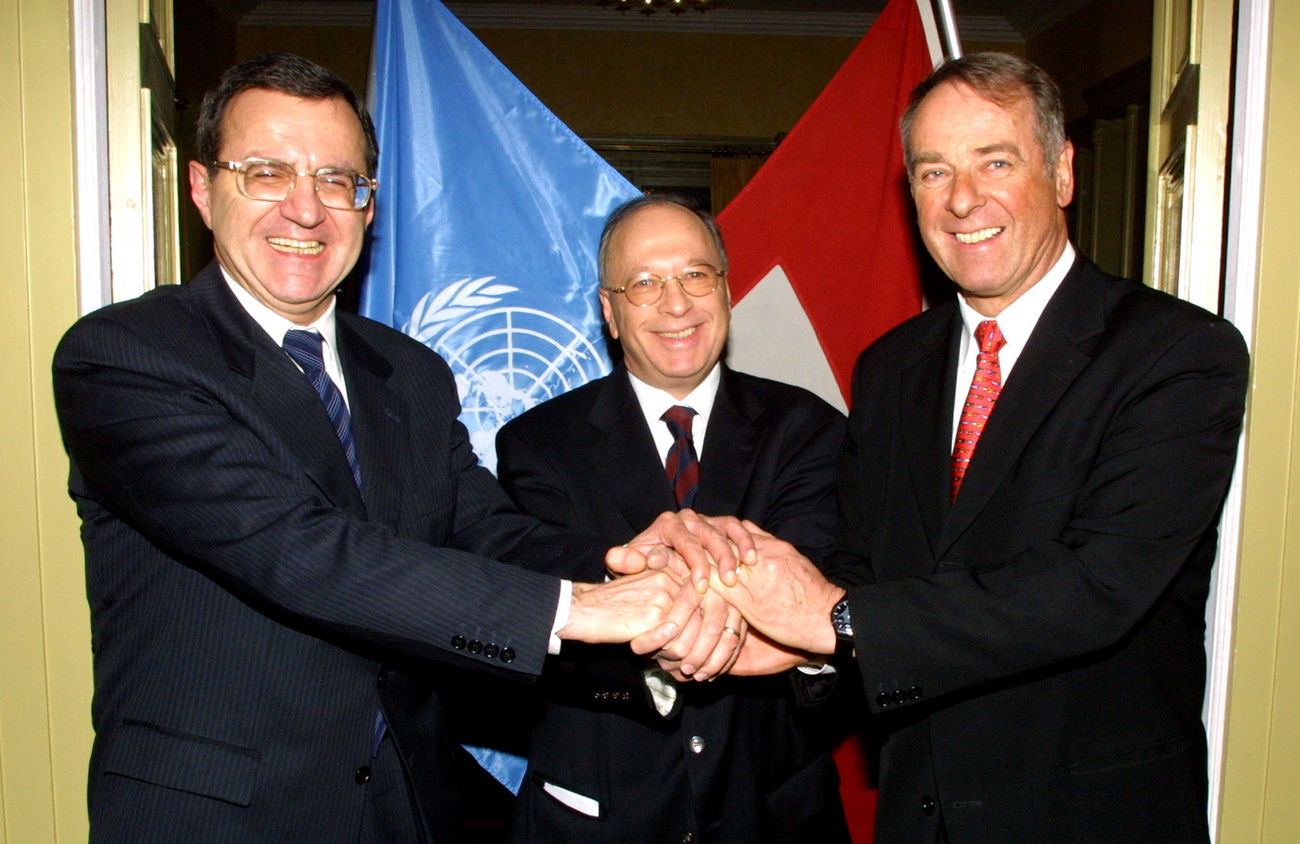
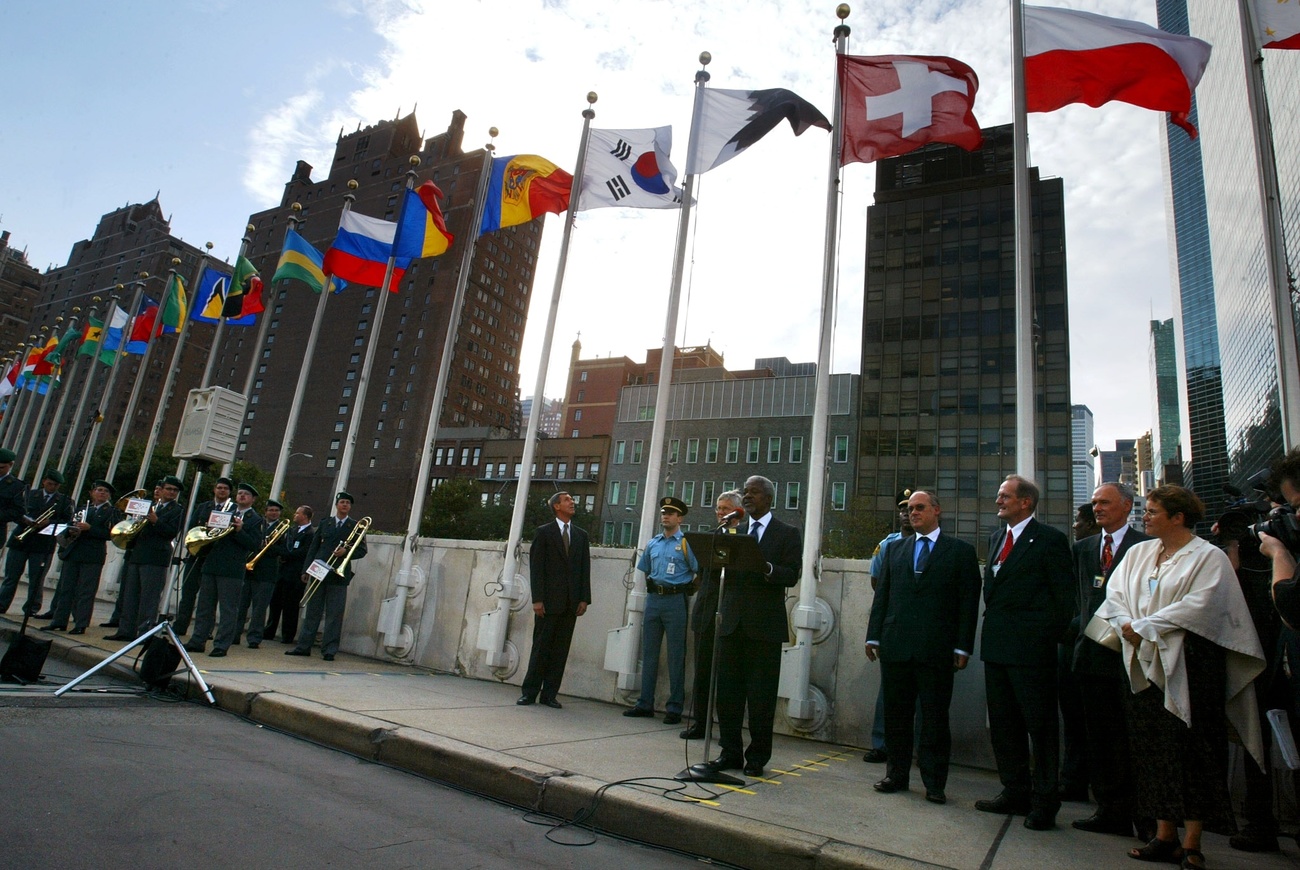

You can find an overview of ongoing debates with our journalists here . Please join us!
If you want to start a conversation about a topic raised in this article or want to report factual errors, email us at english@swissinfo.ch.